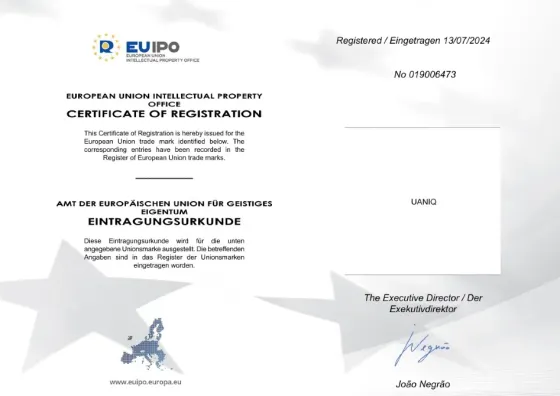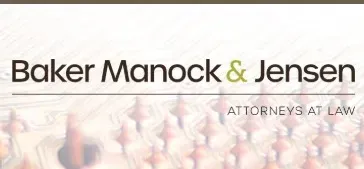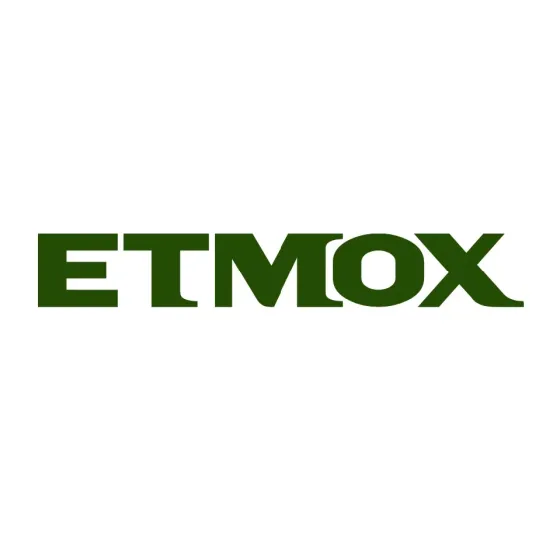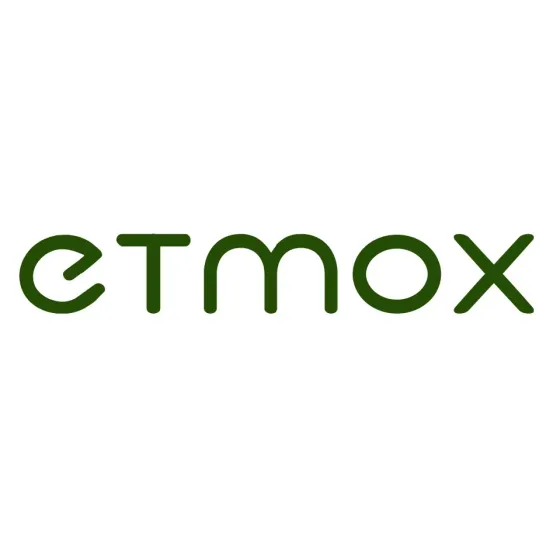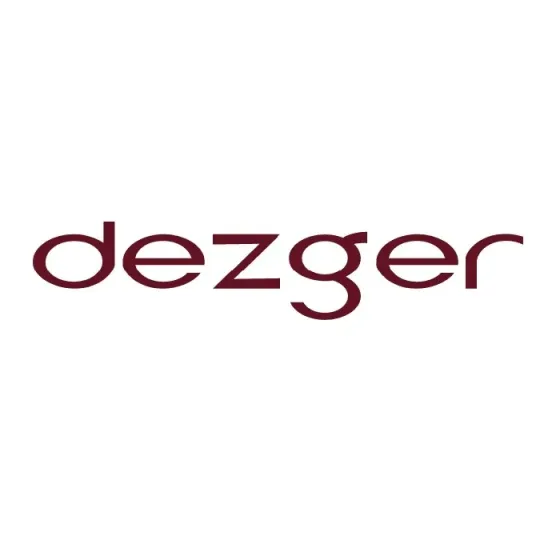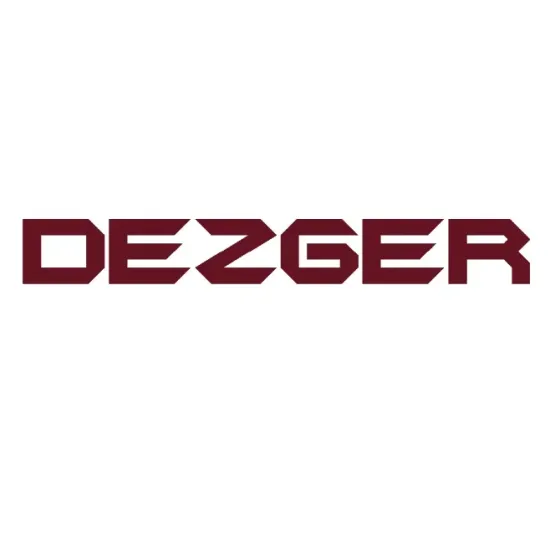Trademarks for Sale in United States, 75 Offers
- Arizona (6)
- Indiana (2)
- Missouri (2)
- New Mexico (2)
- Tennessee (4)
- Washington (2)
- California (12)
- Michigan (2)
- Ohio (2)
- Texas (10)
- Wisconsin (2)
- Kentucky (2)
- Maryland (2)
- Oklahoma (2)
- Florida (4)
- Georgia (2)
- Colorado (2)
- Nevada (2)
- Oregon (2)
- Illinois (4)
- Massachusetts (2)
- New York (3)
- Pennsylvania (2)
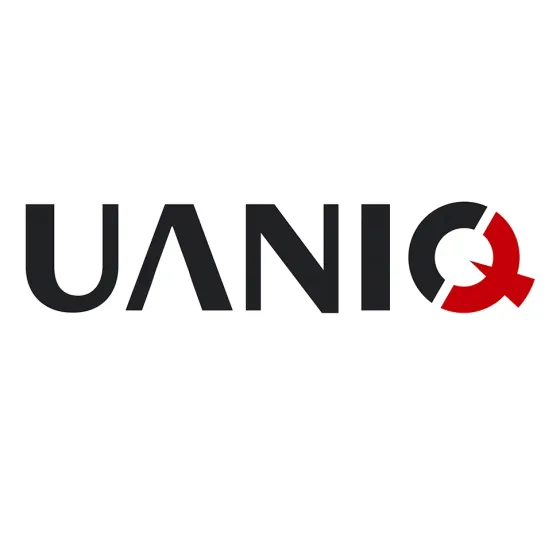 2
2


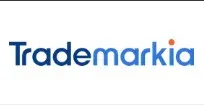




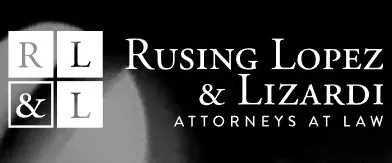

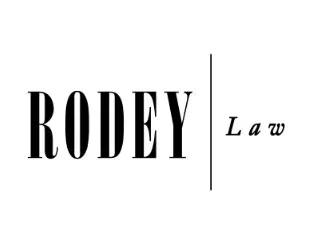

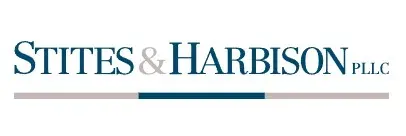






The oversupply of choices makes it easier to find a trademark in the region of. Buyers can find a wide array of opportunities to suit their business needs, with 75 offers available. Here's a step-by-step guide to help you wade through these opportunities.
Why Purchase a Trademark?
Buying an established trademark provides immediate market credibility and protection against competition. Key benefits include:
-
Time-Saving: Saves from the lengthy process of registration.
-
Brand Recognition: Most of the purchased trademarks are already present.
-
Legal Protection: Provides protection from competitors in terms of infringement of intellectual property rights.
How to Choose the Right Trademark
-
Industry Relevance: Ensure that the trademark is related to your industry.
-
Legal Check: Check whether the trademark is registered and if there are any disputes.
-
Market Presence: Look for trademarks that are already recognized in United States.
-
Future Scalability: Choose a name that will not hinder business expansion.
Checklist for Buyers
Before purchasing, confirm these details:
-
Number of registration and its status
-
Geographical coverage: regional, national, or international.
-
Associated intellectual property assets, such as logos or slogans.
-
History of use and reputation.
Types of Trademarks Available in United States
Trademarks for sale in United States include:
-
Word Marks: They protect the word or set of words.
-
Figurative Marks: It covers logos and symbols.
-
Combination Marks: It covers both text and images together.
-
3D Trademarks: Protect the shape of the product or packaging.
| Type | Description | Example |
|---|---|---|
| Word Marks | Text-based identifiers | "FreshGrove" |
| Figurative Marks | Visual elements, including logos | Apple logo |
| Combination Marks | Text combined with visuals | Nike and its swoosh |
| 3D Trademarks | Shapes or forms with unique features | Coca-Cola bottle shape |
Sale of Trademark in United States, 75 Announcements
The process of acquiring a trademark in United States involves several critical steps. With 75 announcements listed, it’s essential to narrow down your options effectively.
Steps to Buy a Trademark
-
Identify Options: Shortlist trademarks that fit your business goals.
-
Contact Sellers: Reach out to negotiate terms and request documentation.
-
Legal Evaluation: Engage an attorney to review the trademark's history and legal standing.
-
Transfer Process: Sign agreements and file with the relevant trademark office.
Key Points for Sellers
If you're selling a trademark, ensure you:
-
Provide accurate and transparent details about its history.
-
Prepare transfer agreements.
-
Highlight unique aspects that enhance its market value.
Cost Considerations
Pricing for trademarks in United States depends on factors like market recognition, industry relevance, and exclusivity. Here’s an approximate cost breakdown:
| Trademark Type | Estimated Cost Range ($) |
| Local Brands | 5,000 - 10,000 |
| National Brands | 10,000 - 50,000 |
| International Brands | 50,000+ |
Selling a Trademark in United States, 75 Options
For business owners in United States looking to sell a trademark, the process can be streamlined by following clear steps. With 75 options listed, the competitive market presents an opportunity for lucrative deals.
Preparing Your Trademark for Sale
-
Clean Legal History: Resolve disputes or claims.
-
Valuation: Determine market value with professional appraisal.
-
Marketing: Advertise your trademark in leading marketplaces.
-
Negotiation: Be flexible in discussing terms for attracting buyers.
Popular Platforms for Selling Trademarks in United States
-
Online Marketplaces: Specialty websites designed specifically for buying and selling trademarks.
-
Business Forums: Discussions with professionals in business and industry.
-
Trademark Attorneys: Networks of intellectual property specialists.
Tips for Maximizing Sale Value
-
Highlight past market performance.
-
Showcase versatility for various industries.
-
Provide comprehensive documentation.
FAQ: Common Questions About Trademarks for Sale
1. What is the typical process for buying a trademark?
-
Research listings, contact sellers, review legal documents, and complete the transfer process with the trademark office.
2. How much does a trademark cost in United States?
-
Prices range from $5,000 for local brands to $50,000+ for internationally recognized names.
3. Can I use a trademark immediately after purchase?
-
Yes, once the transfer is completed, the new owner gains full rights.
4. How do I verify a trademark’s legitimacy?
-
Check the trademark registry and consult an intellectual property attorney.
5. Are there risks in purchasing a trademark?
-
Risks include unresolved disputes, overlapping rights, or unclear ownership history. Always perform due diligence.



